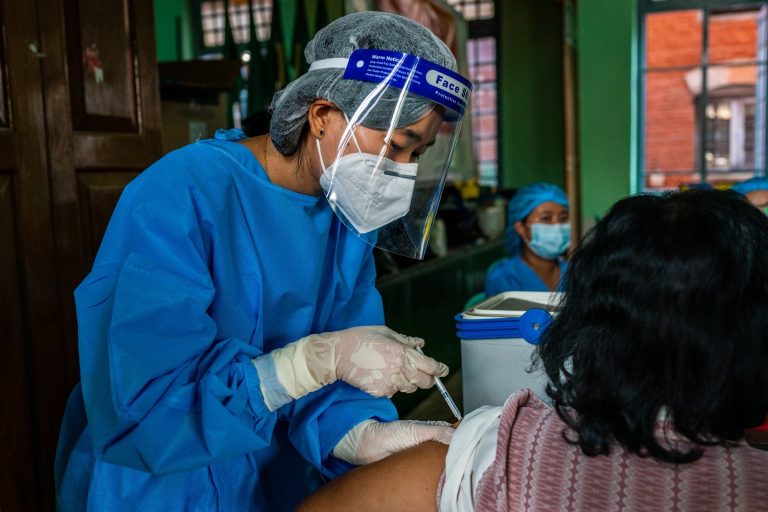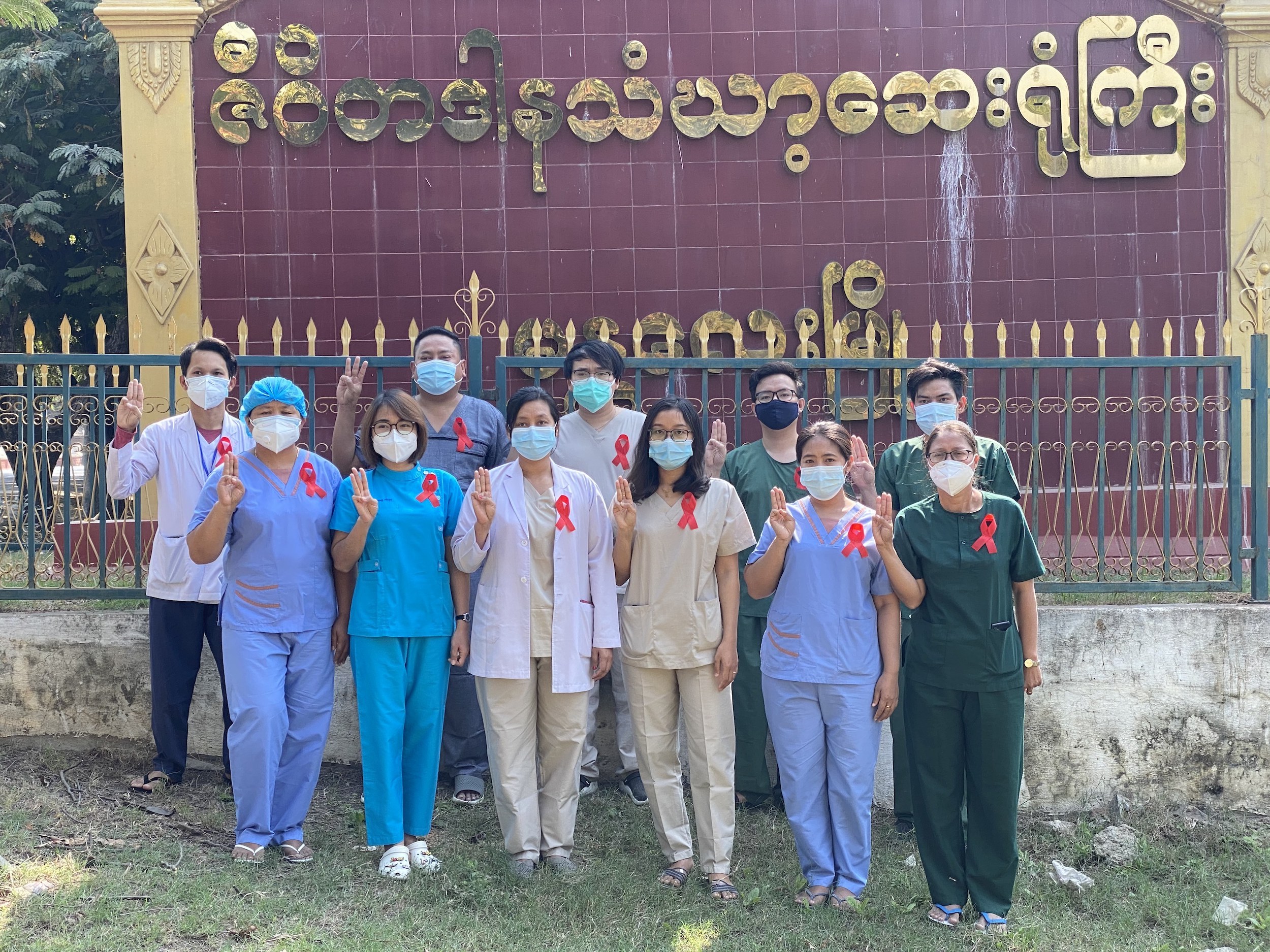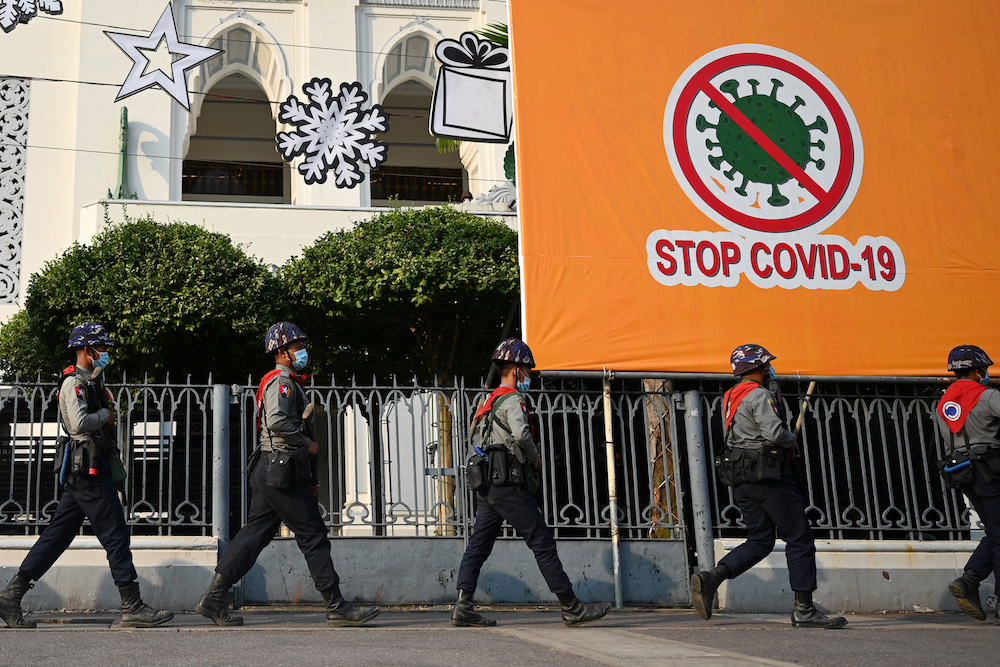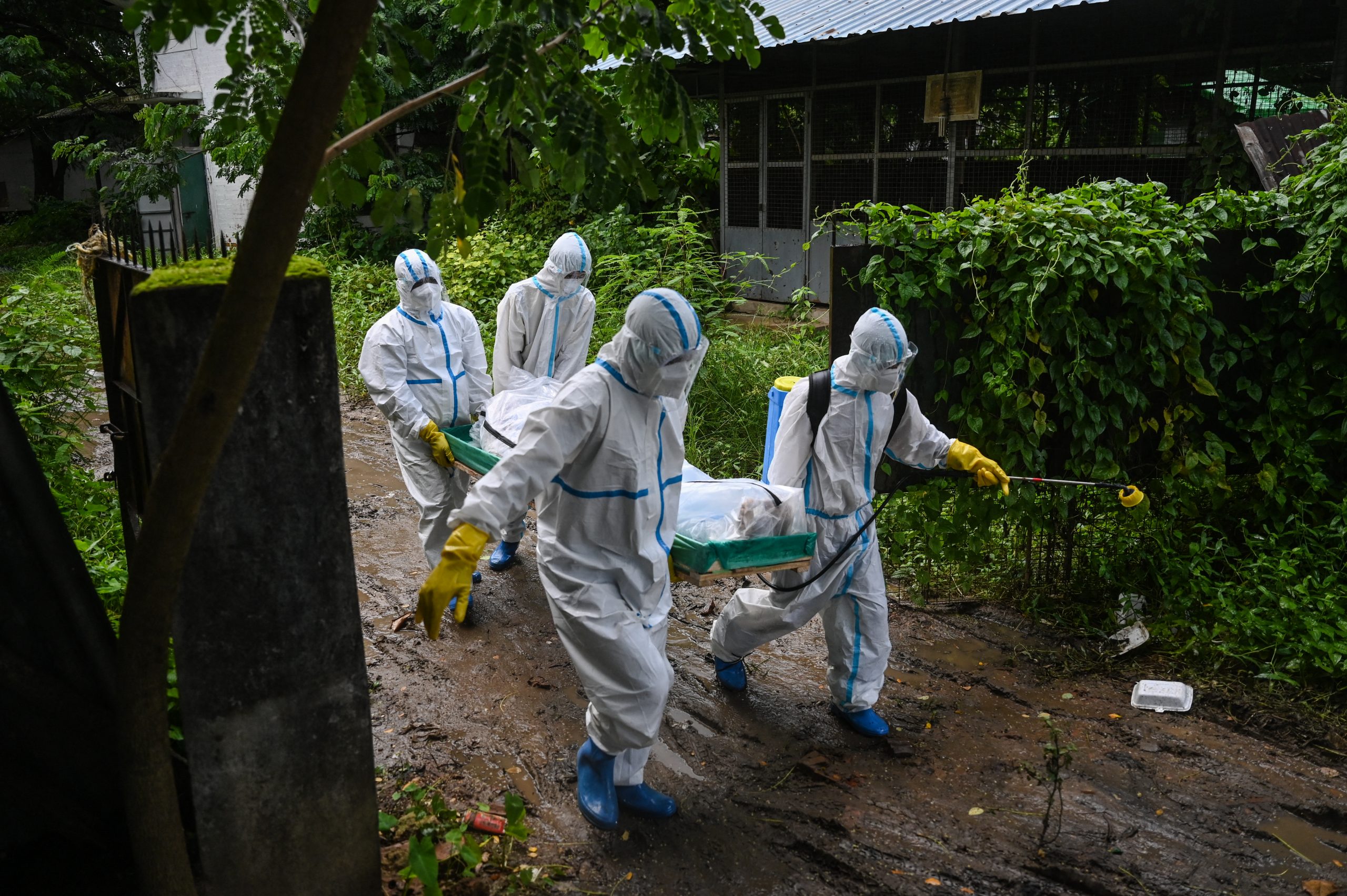Use of modern contraception has increased significantly in Myanmar over the past decade but condoms use remains low because of perceived links to sex work and pre-marital intercourse.
By HTET HTET NAING and THOMAS KEAN | FRONTIER
WHEN FAMILY planning non-profit DKT International launched its Kiss condom brand four years ago, marketing the product was difficult.
“We couldn’t convince a bar owner to have our branded signage on their premises because they thought it would signal to police that there was prostitution going on,” DKT country director Mr Hyam Bolande recalled.
But Myanmar has changed significantly in four years. The arrival of fast and cheap internet access has provided younger people with more information about sexuality, while loosening restrictions on the media and greater knowledge about sexual and reproductive health have created a more positive and open attitude towards sexuality.
Today, DKT is able to form partnerships with nightclubs, bars and other businesses that no longer see condoms as something to be ashamed or afraid of. Recently it began working with a health and fitness club.
Support more independent journalism like this. Sign up to be a Frontier member.
“We’ve established really positive relationships,” Bolande told Frontier. “I think the strength and the market position of commercial brands is definitely improving.”
Despite this progress, the stigma around condoms is still “a huge problem”, he said. While condoms serve two purposes – preventing unwanted pregnancy and protecting from sexually transmitted infections – they were first introduced to Myanmar in the late 1990s as a means of preventing the spread of HIV/AIDS.
As a result, they’re viewed by many people in Myanmar “as a kind of shameful product”, Bolande said. “According to this view, the only people who should buy condoms are people having an affair or someone who is planning to have sex with a sex worker … People are embarrassed to be seen buying them.”
He said DKT, which also sells contraceptive injections, intrauterine devices, oral contraceptive pills and an emergency contraceptive, wants to change perceptions about condoms so they are seen as not only a normal form of self-protection, but also something that’s empowering.
Recent health surveys suggest there may still be a long way to go. The Myanmar Family Planning Landscape Analysis, published by the ministry last year, found that condoms made up just 3 percent of the private sector contraceptive market.
According to the 2015-16 Myanmar Demographic and Health Survey, 51 percent of married women aged 15 to 49 are using modern contraception, with injectables (28 percent), pills (14 percent) and female sterilisation (5 percent) the most common. The proportion of women using modern contraception was found to have risen significantly since 2007, when it was just 38 percent.
But the survey also found that nearly one in six married women aged 15 to 49 would like to delay or stop having children but are not using family planning. Lack of access to contraception can lead to unwanted pregnancies and unsafe abortions, and also limits women’s work choices.
In an effort to address this gap, some NGOs are working with the Ministry of Health and Sports to improve knowledge about contraception methods, through education, training and counselling.
Under the Family Planning 2020 global initiative, Myanmar has committed to increasing the use of modern contraceptives to 60 percent by 2020, and to reducing unmet need for family planning to below 10 percent over the same period. At a ceremony last December to mark World Population Day, Vice President U Myint Swe reaffirmed Myanmar’s commitment to achieving these targets.
Dr Thet Su Htwe from the Strong Flowers Sexuality Education Service agreed that many men were hesitant to buy condoms from a shop because of the stigma attached to such products, but also noted also that women faced the same issue when purchasing contraception. The difference, she said, is that the responsibility for contraception is often placed on women.
Another factor that hinders condom use is lack of knowledge, Thet Su Htwe said. “So many people know the benefits of using a condom, but they think that if they use a condom they won’t be able to reach orgasm,” she said.
“As a result, the custom of using condoms hasn’t developed very well. And some men deem that you have to use condom only when you have sex with sex workers,” she said. “As time goes by, people become more open. But many couples, both married and unmarried, are still hesitant to frankly discuss about sex and contraception.”
Ma Pyo Let Han, from the Rainfall Gender Studies Organization, said the contraception issue showed that women in Myanmar tend to have fewer sexual rights than their counterparts in other countries.
“I think men should take more responsibility [for contraception],” she said. “A condom can easily prevent from pregnancy and is not very expensive. A man can also protect his wife or girlfriend from disease or ill-health, because women can also suffer side effects from oral contraceptive pills or using contraceptive injections.
But women should also be more assertive about their sexual rights, she added.
“Women must dare to say no. They tend to tell their husbands or boyfriends to wash their hands before eating something. Why are they afraid to tell them to use a condom?”
Condoms are probably playing a more important role than some of the surveys suggest. Bolande said these surveys tend to be oriented towards married people, and condoms tend not to be the most popular family planning method for people who are married or in a long-term relationship.
Although many people in Myanmar abstain from sex before marriage, this is not as often the case as many would like to believe. DKT’s own research from 2017 showed that 23 percent of all singles over 18 said they’d had intercourse, and 62 percent of all people surveyed reported that they were aware of people in their lives having premarital sex.
“The real value is as an incidental form of contraception. So it’s used when needed by people who may not be in a monogamous relationship, or when they’re not having regular sex,” he said.
In this sense, condoms are often competing with the emergency contraceptive pill, and it’s a battle that the pill seems to be winning.
This has generated some concerns that the emergency contraceptive pill is being misused, with some women taking it on a regular or semi-regular basis.
In August 2017, the Food and Drug Administration released an instruction requiring that emergency contraceptive pill, which was available over-the-counter at many pharmacies and convenience stores, could only be sold with a prescription from a physician. However, the ban –based on concerns about safety that aren’t supported by international medical research – prompted a backlash from within the health community and has been mostly ignored.
“These pills are still easily available at every drug store,” said Thet Su Htwe.
Bolande said he believed the emergency contraceptive was more popular than condoms because of the cultural stigma attached to the idea of planning to have sex.
“If your grandmother or mother found you had oral contraceptive pills, that would show you plan to have sex,” he said. “The whole premise of the emergency contraceptive pill is that any sex is an accident. It’s more culturally acceptable for a woman in Myanmar to use this because it suggests she’s not having premeditated sex … but for health and responsibility, taking the daily pill or using a condom is far better.”







